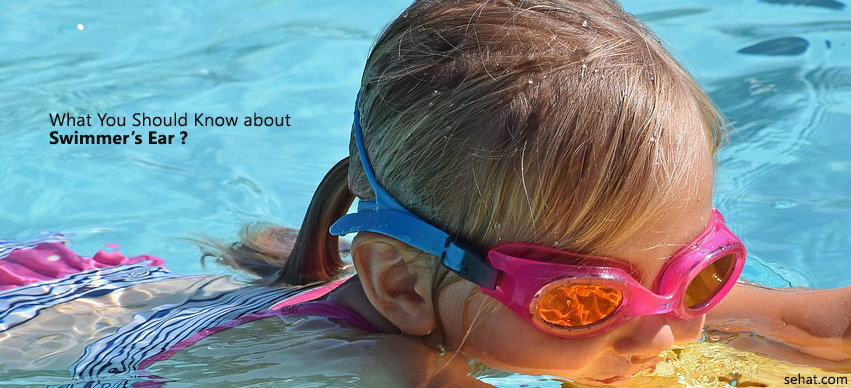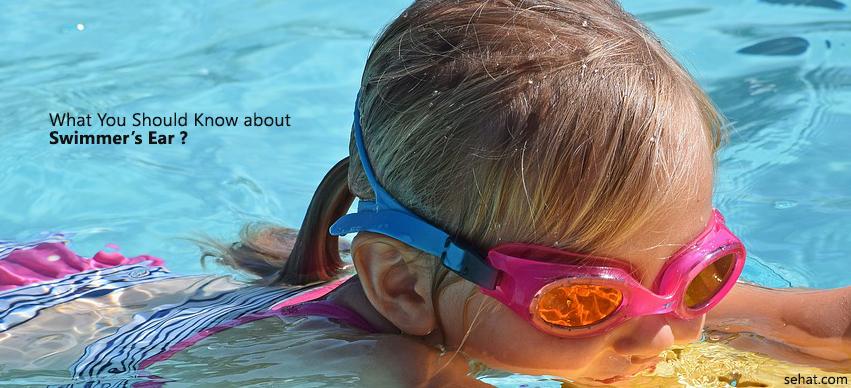How Communities Are Changing the Way We Think About Aging in..
8 Min Read


Any kind of infection pertaining to the ear must never be neglected. Since the ear canals and their nerves are connected to the brain, the slightest of infections can cause major problems to the brain. One such bacterial infection that can damage your entire hearing system if not treated on time is the swimmer's ear or also known as otitis externa. Since a lot of swimmers are usually affected by this condition, hence the name. When the thin lining of the ear canal comes in contact with water, bacteria thrive on it and infect the area. Inflammation, irritation, and severe pain of the tympanic membrane follow. Very often water gets trapped while taking a bath or swimming and nothing provides relief. Apart from water clogging, excessive ear wax, eczema of the external ear, and internal bacterial infections too can cause this acute condition.
Usually, intense pain and itching of the ear might be an indication of this disorder. Due to bacterial activity in the ear canals, you have the constant urge to scratch the ear and keep tugging it. But tugging can cause pain too. As soon as you feel heaviness and blockage in your ears, it is advisable you consult an Otolaryngologist to diagnose the problem and get it treated on time.
Treatment during the early stages of the swimmer's ear can make the symptoms subside without getting worse. Acidic ear drops and other antibiotics to keep bacterial growth in check are used to treat the condition. Pain medication is also prescribed to provide instant relief. Your healthcare provider might clean up your ears before administering the medicines and ask you to come for follow-up sessions to monitor the condition. It takes one week to ten days for the infection to clear up with the right combination of drugs.
Many times, we neglect the early symptoms of an ear infection and end up complicating the condition. Ear pain, blocks, and decreased hearing must always be checked. If left untreated, the swimmer's ear can bring hearing loss, bone and cartilage damage of the ear, and recurrent ear infections that make life miserable.
Here are a few tips mentioned by laryngologists from sehat.com that can be of great help in preventing this ear disorder.
1. Always use earplugs while swimming in deep waters. You can also apply a little oil to your external ear to prevent water clogging.
2. Using cotton swabs to clean your ears is always safe. Do not insert them deeply. Just clean them in the outer area.
3. Excessive ear wax must be cleaned by a trained doctor. Pay regular visits to get them cleaned.
4. During bathing when under the shower, prevent water from slipping into the ear. Dry up the ear completely after you take a bath.
5. Never use any kind of oils or solutions (hydrogen peroxide, vinegar, etc) to clean your ear wax. They pose a great danger in terms of leaving moisture behind.
6. Take the help of a family member or a friend to administer ear drops in case of an infection. Self-administering can make the drops sit in another part of the ear and complicates the condition.